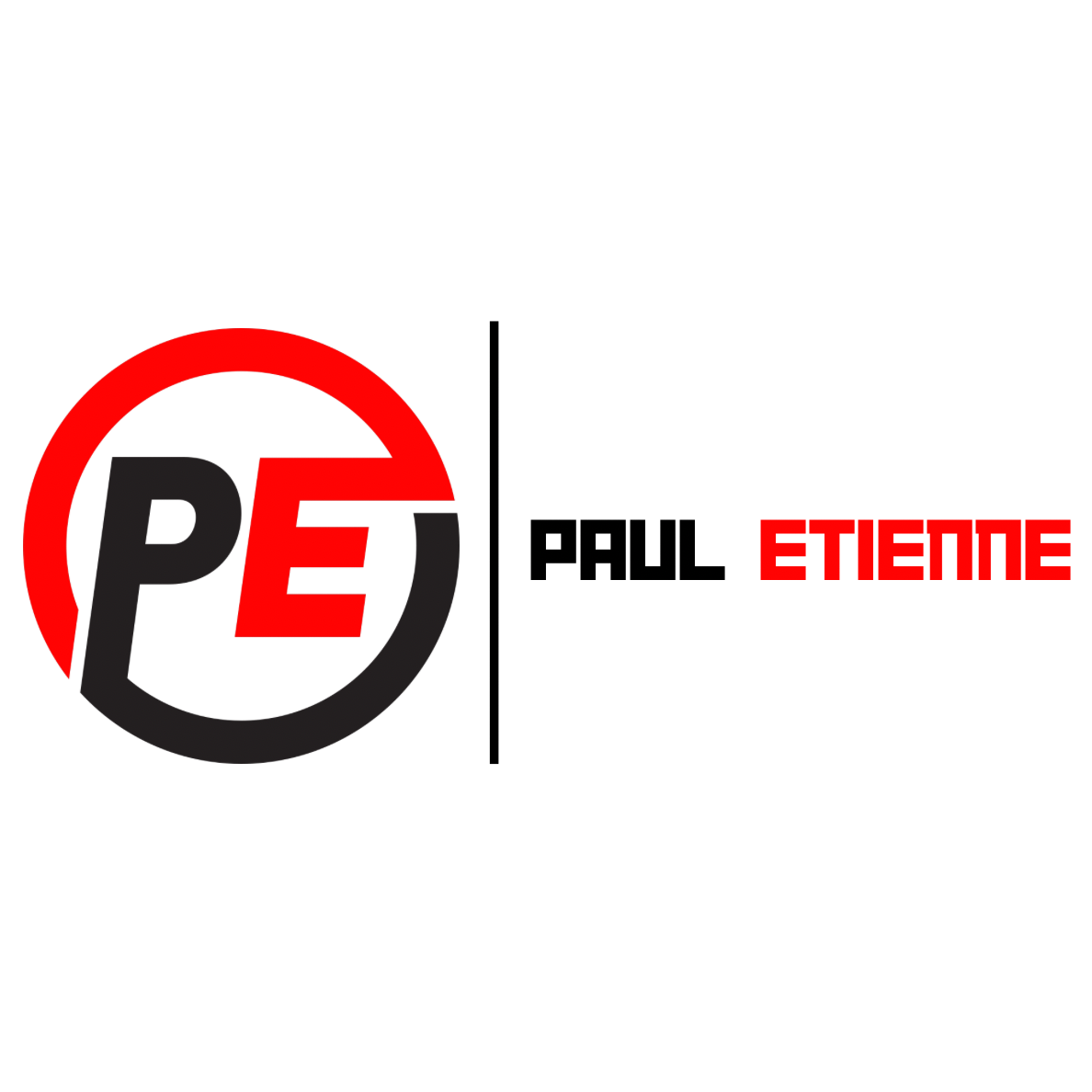As an entrepreneur, managing your small business’s finances efficiently can significantly impact your bottom line. One crucial aspect of financial management that should never be overlooked is tax planning. By taking advantage of various tax-saving strategies and staying informed about tax regulations, you can maximize your savings and keep more money in your pocket. In this article, we’ll explore the top tax tips that can help small business owners like you achieve substantial savings.
- Know Your Deductions: Understanding which business expenses are tax-deductible is essential. Common deductions include office rent, utilities, employee salaries, and marketing expenses. Keep detailed records to ensure you don’t miss out on any potential deductions.
- Choose the Right Business Structure: The structure of your business (sole proprietorship, LLC, S-corporation, etc.) affects your tax liability. Consult with a tax professional to determine the most tax-efficient structure for your specific situation.
- Take Advantage of Tax Credits: Explore available tax credits that apply to your business. Credits like the Small Business Health Care Tax Credit or Research and Development Tax Credit can significantly reduce your tax burden.
- Stay Updated on Tax Law Changes: Tax laws are continually evolving. Make it a priority to stay informed about any changes that may affect your business. Consulting with a tax professional can help you navigate these changes effectively.
- Maximize Retirement Contributions: Contributing to retirement plans like a 401(k) or a Simplified Employee Pension (SEP) IRA can reduce your taxable income while securing your financial future.
- Hire a Professional: Consider hiring a certified accountant or tax advisor. Their expertise can help you make informed financial decisions and ensure you’re taking full advantage of tax-saving opportunities.
- Keep Impeccable Records: Maintain organized financial records throughout the year. Accurate record-keeping makes tax preparation smoother and helps prevent costly errors.
- Utilize Depreciation: For businesses with substantial assets, taking advantage of depreciation can lead to significant tax savings over time. Consult with a tax professional to determine the best depreciation strategy for your assets.
- Manage Inventory Efficiently: Implement inventory management practices that minimize tax liability. Methods like FIFO (First-In-First-Out) and LIFO (Last-In-First-Out) can impact your taxable income.
- Consider Tax-Efficient Investments: Explore investment options that offer tax benefits, such as municipal bonds or tax-advantaged retirement accounts.


